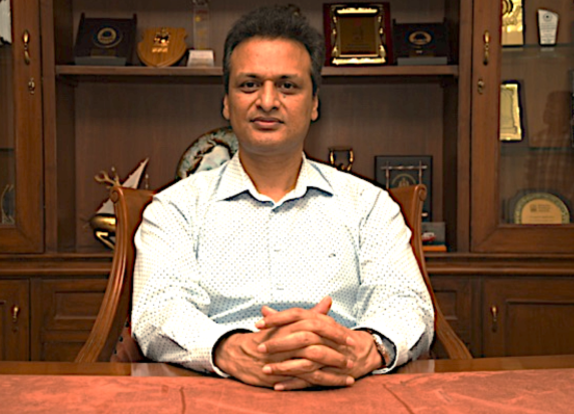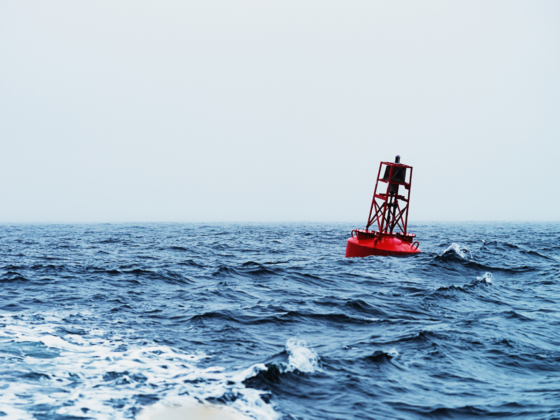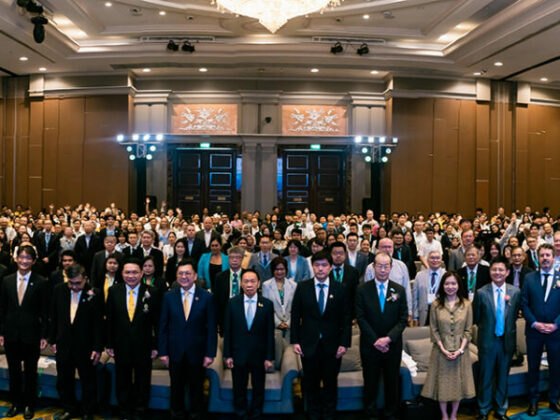Globally, over a third of the global population lives within 100 km of a coastline and faces elevated vulnerabilities to oceanic hazards. Recognizing the critical need to increase the resilience of these communities, Challenge 6: “Increase community resilience to ocean hazards” of the UN Decade of Ocean Science for Sustainable Development 2021-2030 (‘Ocean Decade’) aims to enhance people-centered multi-hazard early warning services and design adaptation planning strategies for these vulnerable areas.
Coastal communities worldwide struggle with an increasing array of threats, from biological hazards such as harmful algal blooms, to the challenges of extreme events such as tsunamis and hurricanes, and rising sea levels. These threats pose an ever-growing risk to both lives and livelihoods in coastal regions, requiring a multifaceted response.
By focusing on empowering communities, Ocean Decade Challenge 6 attempts to tackle a wide spectrum of threats, including geophysical, geological, ecological, biological, weather, hydro, climate and anthropogenic-related hazards, to enhance community preparedness and resilience.
To ensure the ongoing relevance of Challenge 6 throughout the Ocean Decade, Working Group 6 has been established as part of the Vision 2030 process. The Group is co-chaired by Dr. Nadia Pinardi, Director of the Decade Collaborative Center for Coastal Resilience, and Dr. Srinivasa Kumar Tummala, Director of the Indian National Centre for Ocean Information Services (INCOIS), whose expertise in generating products and services for understanding and managing coastal hazards related to weather, hydrology, and climate has contributed to significant progress over the past two decades.
Dr. Nadia Pinardi was instrumental in setting standards for operational oceanography, facilitating the development of multi-hazard early warning systems and leading the Ocean Decade Programme CoastPredict, which pioneers integrated coastal observing and predictive systems in the Global Coastal Ocean.
Vice-Chair of UNESCO’s Intergovernmental Oceanographic Commission (IOC) and Chair of the Ocean Decade Tsunami Programme Scientific Committee, Dr. Tummala coordinated the establishment of the Indian Tsunami Early Warning Centre at INCOIS after the 2004 tsunami in the region. This centre is identified as one of the Tsunami Service Providers under the IOC/UNESCO Indian Ocean Tsunami Warning and Mitigation System framework.


Under their guidance, the 20 members of the Working Group are formulating a white paper identifying gaps and priority needs to craft a specific strategic ambition for Challenge 6. This collaborative process involves experts but also representatives of governments, private sector, and insurance institutions, all of whom play pivotal roles in economic assessments and investments aimed at mitigating a diverse array of coastal hazards.
“Through this Working Group we seek to identify user needs and measures to minimize the impact of hazards on lives and livelihoods of vulnerable communities,” noted Srinivasa Kumar Tummala, emphasizing the importance of end-to-end multi-hazard early warning systems. “These systems play a key role in increasing coastal resilience, and in fostering communities that are well-prepared to respond to threats of a hazard and bounce back stronger. Investing in coastal resilience is an investment for the sustainable future of our coastal communities.”
Understanding how to navigate the post-disaster phase is crucial in ensuring swift, coordinated responses and mitigating further risks to affected communities and regions. This implies collecting accurate data on the costs of disaster recovery, integrating socioeconomic models to assess real-world impact of ocean hazards, fostering community partnerships, increasing community preparedness to tsunamis, implementing local flood-warning equipment, and incorporating the perspectives of impacted communities.
Through the Challenge 6 white paper, the Working Group will outline indicators for effective disaster recovery planning, as well as robust strategies for coastal resilience that consider all communities and improve their adaptation capabilities. The Group will also advocate for capacity building through training programmes and encourage corporate social responsibility for responsible coastal resilience practices.
Nadia Pinardi concluded that “this Working Group will contribute to a new definition of the science required for coastal resilience and the essential services to address future challenges, such as climate change and its coastal impacts.”
The success of this initiative will be measured by the development of resilient coastlines where stakeholders actively engage in effective risk management and governance.
Get involved in the Ocean Decade transformative journey to 2030!
Review of the draft white papers developed by the Working Groups will be launched in early 2024. Your insights, feedback, and expertise will contribute to shaping the strategic ambitions and determine the milestones for each Challenge, ensuring a diverse and inclusive approach. More information will be available soon on the Ocean Decade website.
The final draft versions will be presented and debated during thematic ‘Science Solution Forums’ at the 2024 Ocean Decade Conference in Barcelona, a pivotal event for the Vision 2030 process.
Click here to meet Working Group 6 and find out more about the Vision 2030 process.
For more information, please contact:
Vision 2030 Team (vision2030@unesco.org)
***
About the Ocean Decade:
Proclaimed in 2017 by the United Nations General Assembly, the UN Decade of Ocean Science for Sustainable Development (2021-2030) (‘the Ocean Decade’) seeks to stimulate ocean science and knowledge generation to reverse the decline of the state of the ocean system and catalyse new opportunities for sustainable development of this massive marine ecosystem. The vision of the Ocean Decade is ‘the science we need for the ocean we want’. The Ocean Decade provides a convening framework for scientists and stakeholders from diverse sectors to develop the scientific knowledge and the partnerships needed to accelerate and harness advances in ocean science to achieve a better understanding of the ocean system and deliver science-based solutions to achieve the 2030 Agenda. The UN General Assembly mandated UNESCO’s Intergovernmental Oceanographic Commission (IOC) to coordinate the preparations and implementation of the Decade.
About the IOC/UNESCO:
The Intergovernmental Oceanographic Commission of UNESCO (IOC/UNESCO) promotes international cooperation in marine sciences to improve management of the ocean, coasts and marine resources. The IOC enables its 150 Member States to work together by coordinating programmes in capacity development, ocean observations and services, ocean science and tsunami warning. The work of the IOC contributes to the mission of UNESCO to promote the advancement of science and its applications to develop knowledge and capacity, key to economic and social progress, the basis of peace and sustainable development.


